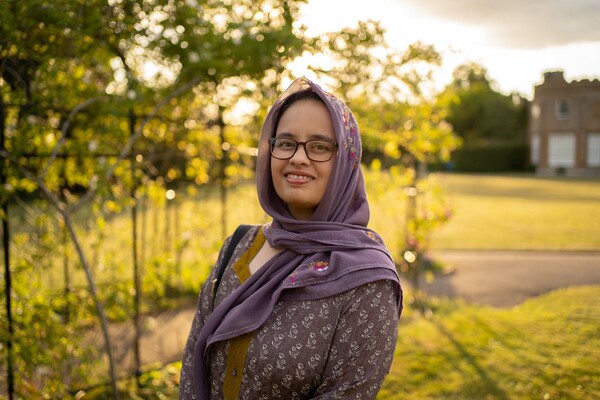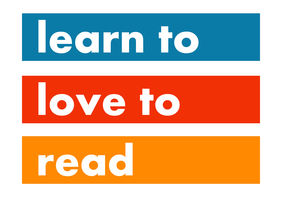Riz first heard about Learn to Love to Read when her eldest son was in Reception and she saw a flyer on her children’s school gate, asking for volunteers. Around the same time she was invited by the school’s Head of Early Years to attend Learn to Love to Read’s weekly Early Years literacy classes held at the school with her youngest child.
She decided to become a reading volunteer in 2019. Her oldest child had previously had a speech delay and was later diagnosed with Autistic Spectrum Disorder. Her younger child is neurotypical and she soon realised that if they had very differing support needs when it came to learning to read, other children would too.
She attended the initial volunteer training which she found provided practical information on how children are taught to read in schools and how Learn to Love to Read works with the children it supports. “Learn to Love to Read gave me confidence by teaching me useful reading strategies,” she says - and she uses these both with the children she works with in school and her own children.
She says: “Throughout my life I have always made a point of volunteering in my community. This is something I learned from my mother. I have always loved reading and when I joined Learn to Love to Read, I remember looking forward to the challenge of reading with different children to my own!”
Riz rose to the challenge as she fully understood that each child would have individual needs – perhaps they might be reluctant readers or come from families speaking multiple languages. “This is what makes it so interesting, spending time with these children,” she comments.
She reflects on a particular experience with a Year 1 boy, who she was told was quiet and shy. During her sessions with him, she soon felt he might have a speech delay making him reluctant to talk. “My experience with my son’s own speech delay and the reading strategies taught by Learn to Love to Read meant I could develop his speech confidence and his reading fluency. His comprehension quickly improved.”
Speaking more generally about her experience, she continues: “The ‘biggest’ little step in the reading journey which I get excited about each time is when I can encourage a reader (when they are ready) to do the blending without sounding out, and then get the reader to read the whole sentence without doing any sounding out. This is a milestone moment and usually the child has a smile once they have done it!”
As well as seeing the improvement in the children’s reading abilities and confidence, Riz also values volunteering with an organisation which she feels is fully committed to its cause, as well as supporting its volunteers:
“Learn to Love to Read has really grown over the years with a presence now in eight Wandsworth primary schools. It’s successful because it has a clear purpose: measurable success and total support for its volunteers. I thoroughly enjoy the regular get-togethers with other volunteers as I get the chance to chat with like-minded people. Staff are also always available if I have a question. I have always felt, as a volunteer at Learn to Love to Read that I am having a positive effect.”

'L2L2R is successful because it has a clear purpose: measurable success and total support for its volunteers.'
Learn to Love to Read is registered in England and Wales under charity number 1175288 at St Michael's Church, 71 Wimbledon Park Road, Southfields, London SW18 5TT. We use cookies to improve your experience using this website.
Log in
| Powered by White Fuse



